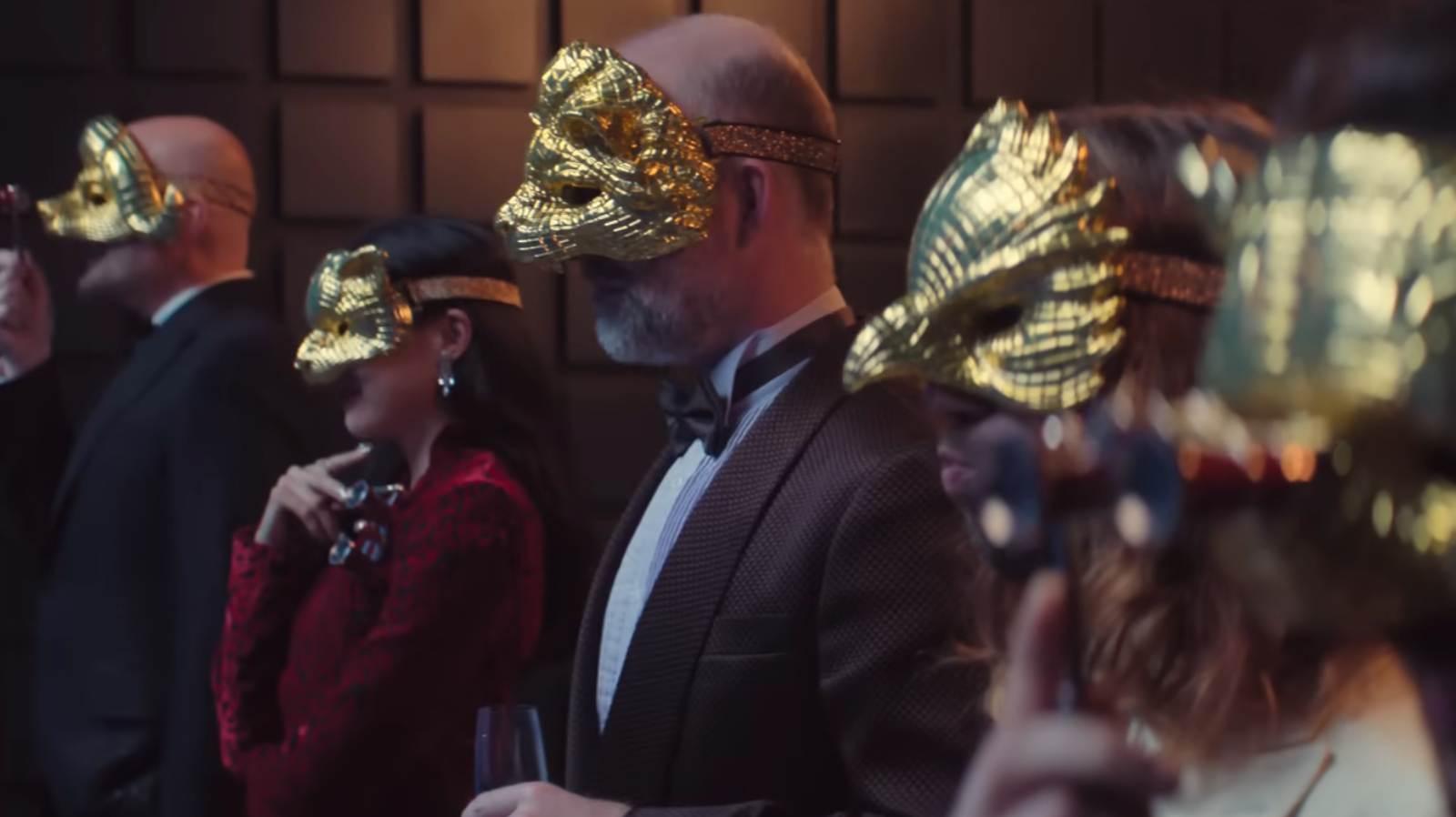Even as the final season of Squid Game captivated audiences worldwide, it faced criticism over the English dubbing of its VIP characters. Fans expressed discontent with the dialogue and performances, which some found jarring enough to potentially disrupt the show’s impact. Now, actor Bryan Bucco has revealed that his character’s voice was dubbed, a decision that left him puzzled.
In a TikTok video responding to criticism of the VIP characters, Bucco disclosed that the voice heard on the show for his character is not his own. “Those are the English dubs,” he explained. “I was the actual actor. What’s being played here isn’t my voice.” Bucco clarified that he harbors no ill will towards the voice actor who dubbed him, acknowledging the challenges involved in such a task. “It seems they did use voice actors to try and sound like us. I don’t even want to criticize my voice actor because I think he did fine,” he added.
The Dubbing Dilemma
The decision to dub Bucco’s voice raises questions about the production choices in Squid Game. While dubbing is a common practice in international productions to reach a broader audience, the choice to replace an actor’s voice with another English-speaking voice actor is unusual. This has led to speculation about the reasons behind such a move.
Bucco noted inconsistencies in the versions of the show, with some featuring his original voice and others not. “I’ve seen different clips floating around where some have my voice, and others that are clearly not me,” he mentioned. This inconsistency highlights the complexities of global media production, where different regions may receive slightly altered versions of the same content.
Understanding the Impact
According to industry experts, dubbing decisions can be influenced by various factors, including audience preferences, regional marketing strategies, and even technical constraints. “Dubbing is often used to make content more accessible, but it can sometimes lead to unexpected reactions from the audience,” said Sarah Kim, a media analyst specializing in global television trends.
Kim pointed out that while dubbing can enhance a show’s reach, it can also detract from the authenticity of performances. “When audiences feel a disconnect between the visual and auditory elements, it can impact their overall experience,” she explained.
A Look Back at Dubbing in Television
Dubbing has a long history in television, particularly in regions where foreign content is popular. In the past, shows like Power Rangers and Dragon Ball Z underwent significant dubbing to cater to English-speaking audiences. However, the rise of streaming platforms has allowed for more nuanced approaches, such as offering multiple audio tracks and subtitles.
The situation with Squid Game reflects a broader trend in the industry, where producers must balance authenticity with accessibility. As streaming services continue to expand globally, the demand for high-quality dubbing and localization is likely to increase.
Future Implications for Squid Game
As Squid Game continues to enjoy global success, the question remains whether future installments will address the dubbing concerns raised by fans and actors alike. Bucco hinted at the possibility of his character’s return, potentially with his own voice, in future episodes. “Perhaps, given the episode’s finale, which reveals just how far the Squid Game’s reach is, we might see the return of Bucco’s VIP in the future,” he speculated.
For now, the controversy highlights the challenges faced by international productions in maintaining the integrity of their storytelling while reaching diverse audiences. As the entertainment industry evolves, the lessons learned from Squid Game‘s dubbing decisions may inform future projects seeking global appeal.
